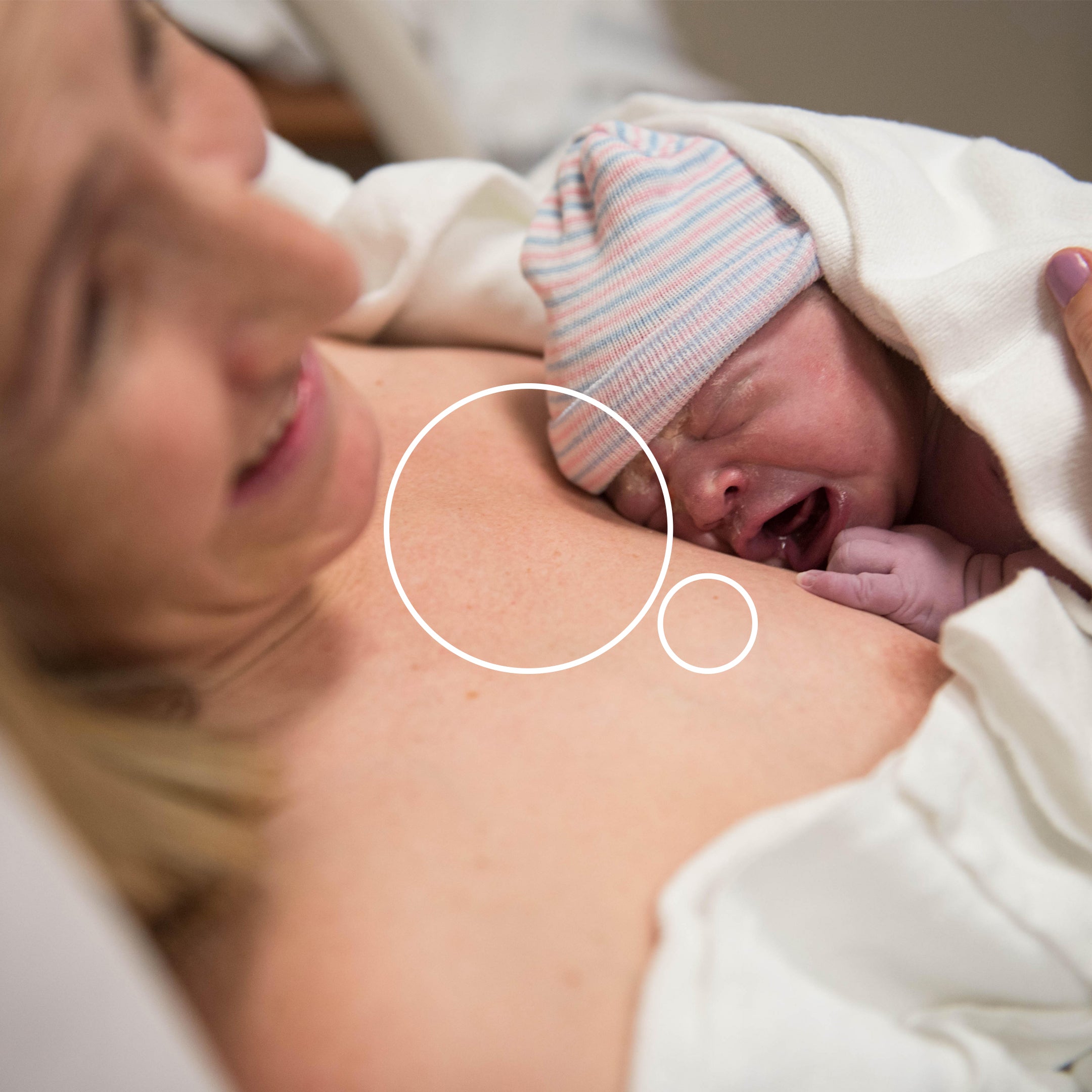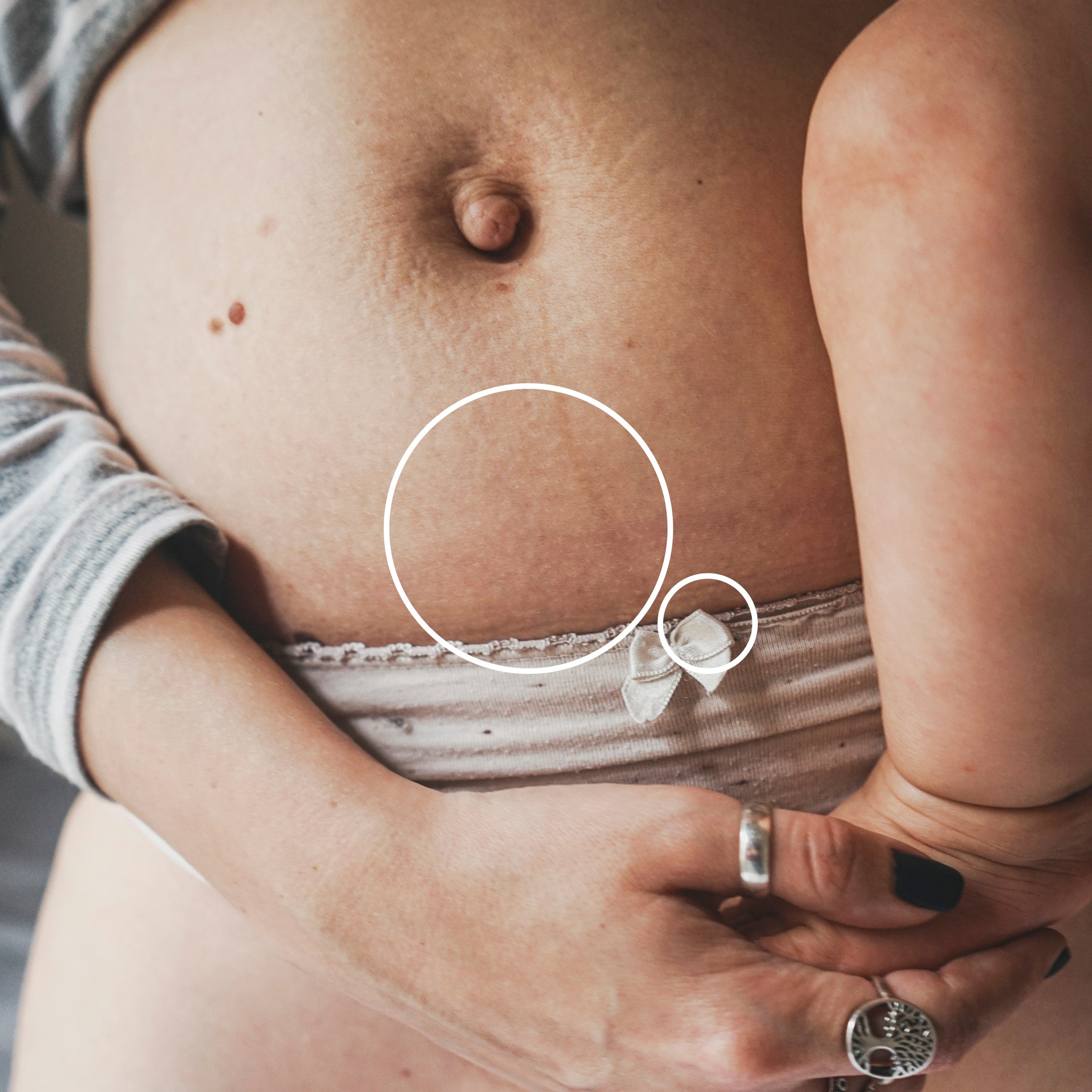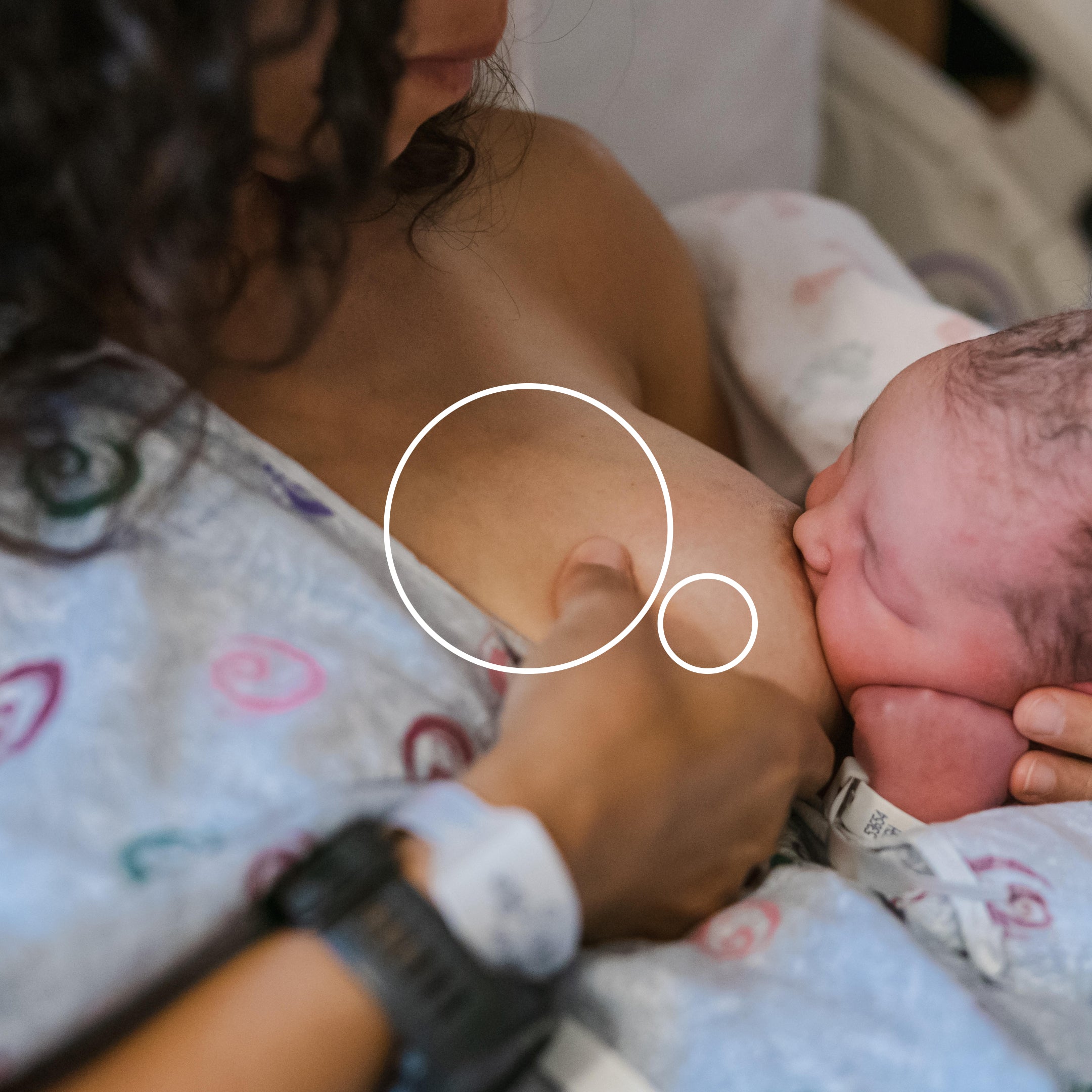
Bringing new life into the world is nothing short of miraculous, but it also takes a significant toll on a woman’s body. The journey of pregnancy and childbirth is transformative, and while the focus often shifts to caring for the newborn, it’s essential to remember that postnatal recovery is a crucial phase in a mother’s journey.
Understanding the science behind how your body heals after childbirth can help you prioritise your recovery, ensuring you regain your strength and well-being.
The Immediate Aftermath: What Happens Right After Birth
After giving birth, your body immediately begins the healing process. The uterus, which expanded to support your growing baby, starts to contract back to its pre-pregnancy size. This process, known as involution, can cause cramping and discomfort, but it’s a crucial part of recovery. Additionally, the body begins to repair the tissues that stretched and tore during delivery, particularly if you had a vaginal birth. For those who underwent a C-section, the surgical incision will require specific care and time to heal.
Key Nutrients for Recovery:
- Iron: Blood loss during delivery can lead to a drop in iron levels, so replenishing this mineral is essential for restoring energy and preventing postpartum anaemia.
- Zinc: An essential mineral for immune function and wound healing, helping your body recover from the physical demands of childbirth.
- Vitamin C: This vitamin supports collagen production, which is vital for repairing tissues, whether from a vaginal birth or a C-section.
Hormonal Shifts: Restoring Balance
During pregnancy, your body is flooded with hormones like progesterone and oestrogen, which help maintain the pregnancy and prepare the body for birth. After delivery, these hormone levels drop rapidly, which can lead to a variety of postnatal symptoms, including mood swings, fatigue, and the "baby blues." The body needs time to restore hormonal balance, which is essential for emotional well-being and overall recovery.
Key Nutrients for Hormonal Balance:
- Omega-3 Fatty Acids: Found in fish oil or flaxseed, omega-3s are essential for brain health and can help stabilize mood.
- Choline: Plays a crucial role in brain function and helps regulate mood, supporting emotional balance during the postpartum period.
- Vitamin B6: This vitamin supports neurotransmitter function, aiding in mood regulation and reducing the risk of postpartum depression.
Supporting Lactation: The Nutritional Demands of Breastfeeding
For mothers who choose to breastfeed, the body’s recovery process includes the production of breast milk. This process requires additional calories and nutrients to ensure both the mother and baby are well-nourished. Breastfeeding can also help the uterus contract more quickly, aiding in the overall recovery process.
Key Nutrients for Lactation:
- Fenugreek and Milk Thistle: These botanicals are traditionally used to support healthy milk production and can be particularly beneficial for boosting supply.
- Calcium and Magnesium: These minerals are essential for milk production and maintaining bone health, particularly since calcium is drawn from the mother's bones during lactation.
Replenishing Nutrient Stores: Recovering from Depletion
Pregnancy can deplete your body of essential nutrients, making it vital to replenish these stores during the postpartum period. Nutrient depletion can lead to fatigue, weakened immunity, and slower recovery, so focusing on a nutrient-rich diet and supplementation is crucial.
Key Nutrients for Replenishment:
- Folate (as 5-MTHF): Essential for cellular repair and regeneration, particularly after blood loss.
- Zinc: Supports immune function and aids in the healing of tissues.
The Role of Rest and Hydration in Recovery
While nutrition plays a critical role in postnatal recovery, rest and hydration are equally important. Sleep deprivation is common for new mothers, but rest is essential for healing. Hydration helps to flush out toxins, supports milk production, and maintains energy levels.
Key Tips for Rest and Hydration:
- Prioritise Sleep: Try to rest whenever your baby sleeps to allow your body to recover.
- Stay Hydrated: Drink plenty of water, herbal teas, and fluids to support your body’s healing processes.
The Emotional Journey: Acknowledging the Mental Aspect of Recovery
Postnatal recovery isn’t just physical; it’s deeply emotional as well. The sudden hormonal shifts, the new responsibilities, and the challenges of motherhood can all impact mental health. It’s important to acknowledge this aspect of recovery and seek support when needed.
Key Support for Emotional Well-being:
- Vitamin D: Known as the "sunshine vitamin," Vitamin D is linked to mood regulation and can help combat feelings of depression.
- Magnesium: This mineral helps calm the nervous system and can reduce anxiety, promoting a sense of well-being.
Nourishing Your Body for a Complete Recovery
The postpartum period is a time of significant change, and understanding the science of postnatal recovery can empower you to take charge of your health. By focusing on proper nutrition, rest, and emotional support, you can help your body heal effectively, allowing you to enjoy this new chapter of motherhood.
At Naître, we’re dedicated to supporting new mothers with our advanced Postnatal Formula, specially crafted to provide the essential nutrients needed for recovery, lactation, and overall well-being. Remember, your health is just as important as your baby’s—nourish yourself, and you’ll be better equipped to care for your new arrival.




